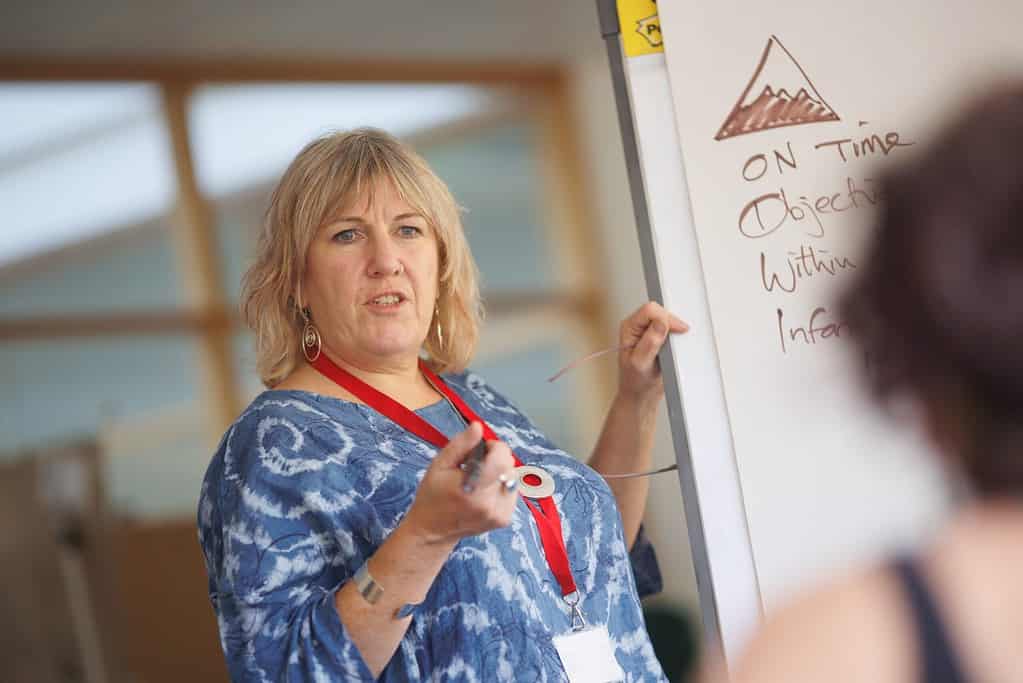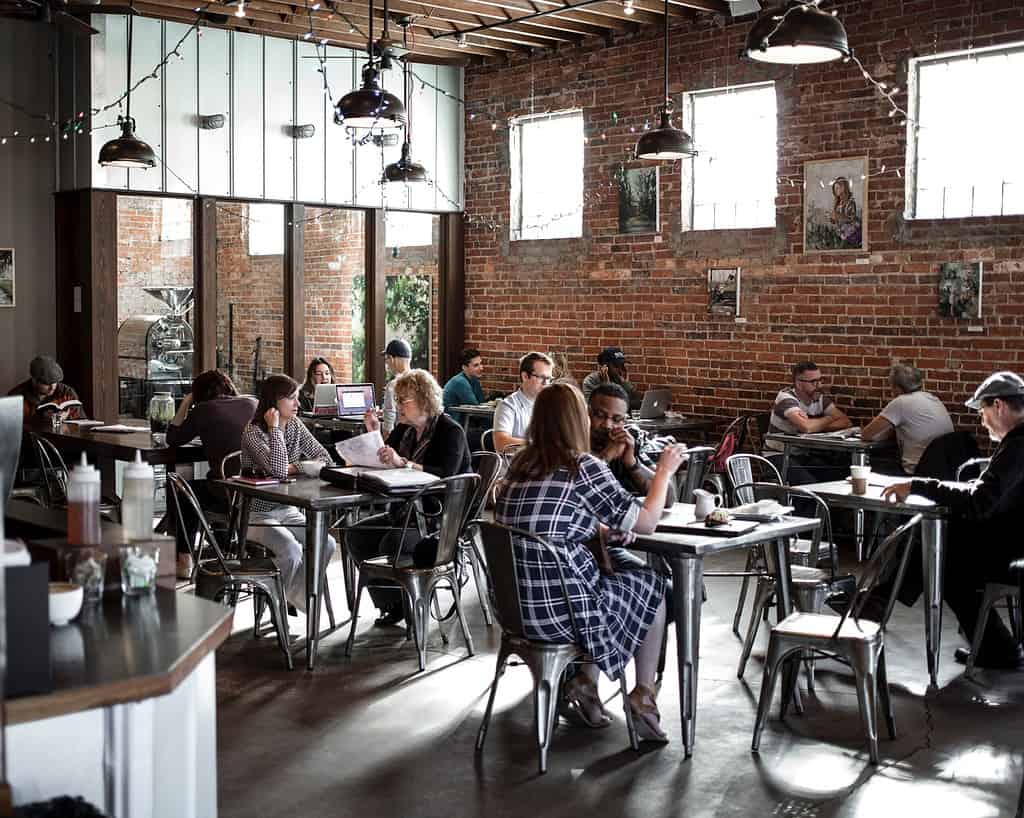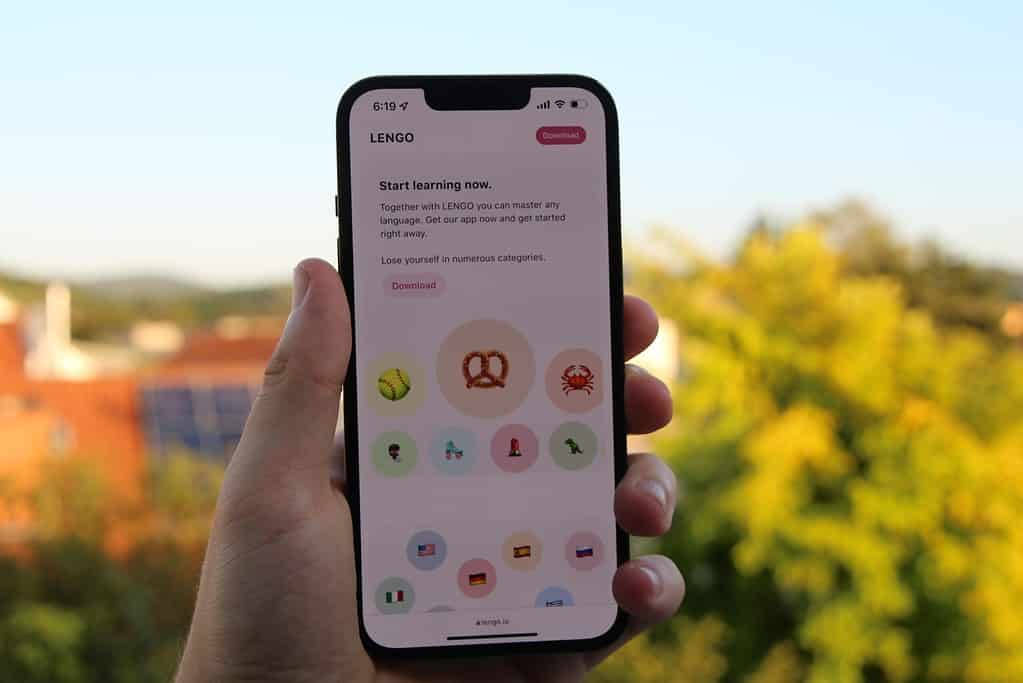Engaging in conversation in French can be both exhilarating and daunting. Whether planning a trip to France, seeking to connect with French-speaking friends, or simply wanting to enhance language skills, mastering conversational French opens doors to a rich culture and vibrant community. This article delves into practical tips and techniques that can elevate conversational fluency, making dialogue in French not just achievable but enjoyable.
The Importance of Conversational Skills
Conversational skills in any language are crucial for effective communication. In French, these skills allow individuals to express thoughts, share experiences, and build relationships. The nuances of conversation can often reveal more than just words; they convey emotions, intentions, and cultural contexts. Mastering these skills can transform a simple exchange into a meaningful interaction, allowing speakers to connect on a deeper level and appreciate the subtleties of the language.

Building Connections
Engaging in conversation helps forge connections. In France, social interactions are often centred around dialogue, whether in a café or during a family gathering. Mastering conversational skills can lead to deeper relationships and a greater understanding of French culture. For instance, the art of small talk, or “le bavardage,” is highly valued in French society, serving as a gateway to more profound discussions. By showing genuine interest in others and sharing personal anecdotes, one can create a warm atmosphere that encourages openness and trust.
Cultural Nuances
Language is a reflection of culture. Understanding conversational French means grasping idiomatic expressions, colloquialisms, and cultural references that may not be immediately apparent. This cultural insight enriches conversations and enhances the overall experience of communicating in French. For example, phrases like “c’est la vie” or “je ne sais quoi” encapsulate sentiments that are deeply embedded in the French way of life. Additionally, being aware of regional dialects and variations can further enhance one’s ability to engage with locals, making interactions more authentic and enjoyable. Embracing these nuances not only improves language proficiency but also fosters a genuine appreciation for the rich tapestry of French culture.
Foundational Techniques for Fluent Dialogue
To achieve fluency in conversational French, it is essential to focus on foundational techniques. These techniques can help learners feel more confident and articulate in their speech.
Active Listening
Active listening is a crucial component of effective communication. It involves not just hearing but truly understanding what the other person is saying. In French conversations, this means paying attention to tone, inflection, and body language, which can provide context beyond the spoken words.
Practising active listening can also involve responding appropriately, asking questions, and showing genuine interest in the conversation. This engagement encourages a more dynamic exchange and helps build rapport with the speaker. Moreover, immersing oneself in French media—such as films, podcasts, or radio shows—can enhance this skill. By exposing oneself to various accents and dialects, learners can develop a more nuanced understanding of the language, making it easier to follow conversations in diverse contexts.
Practising Pronunciation
Fluent dialogue requires clear pronunciation. French has specific sounds and accents that may be challenging for non-native speakers. Regular practice, including listening to native speakers and repeating phrases, can significantly improve pronunciation.
Utilising resources such as language apps, podcasts, and online videos can provide valuable exposure to correct pronunciation. Recording oneself speaking can also help identify areas for improvement. Additionally, engaging in pronunciation exercises that focus on difficult sounds, such as nasal vowels and the French ‘r’, can further refine one’s speaking abilities. Joining a language exchange group or working with a tutor can provide immediate feedback, allowing learners to adjust their pronunciation in real-time and gain confidence in their spoken French.
Expanding Vocabulary
A robust vocabulary is essential for fluent dialogue. Engaging with a variety of materials, such as books, films, and music, can introduce new words and phrases. Keeping a vocabulary journal to note down unfamiliar terms and their meanings can also be beneficial.
Additionally, practising vocabulary in context, such as using new words in sentences or conversations, reinforces learning and aids retention. Exploring thematic vocabulary—such as words related to travel, food, or culture—can also be particularly useful, as it allows learners to engage more deeply with topics of personal interest. Furthermore, participating in discussions or writing short essays on these themes can solidify understanding and provide practical application of newly acquired vocabulary, making the learning process both enjoyable and effective.
Engaging in Real-Life Conversations
One of the most effective ways to master conversational French is through real-life practice. Engaging with native speakers provides invaluable experience and helps learners adapt to various speaking styles. The nuances of everyday conversation, including idiomatic expressions and regional dialects, can only truly be grasped through genuine interaction. This immersion not only builds confidence but also fosters a deeper understanding of the cultural context in which the language is used.

Language Exchange Partners
Finding a language exchange partner can be a rewarding way to practise conversational skills. Many platforms connect learners with native speakers who are interested in learning another language. This mutual exchange fosters a supportive environment where both parties can improve their language skills. Moreover, the informal nature of these exchanges often leads to discussions that are more engaging and less structured than traditional classroom settings, allowing for a more natural flow of conversation.
During these exchanges, it is important to set clear goals, such as focusing on specific topics or practising particular phrases. This structure can enhance the learning experience and ensure productive conversations. Additionally, learners might consider preparing questions or themes in advance to facilitate dialogue, which can help ease any initial nervousness and encourage more meaningful exchanges. Over time, these interactions can lead to lasting friendships, further enriching the language-learning journey.
Participating in Local Language Groups
Joining local language groups or clubs can provide opportunities for face-to-face conversations in French. These groups often organise events, discussions, or activities that encourage speaking in a relaxed setting. Such gatherings can range from casual meet-ups in cafés to themed events like French film nights or cooking classes, where participants can immerse themselves in the language while enjoying cultural experiences. This not only enhances language skills but also introduces learners to the rich tapestry of French culture.
Being part of a community of learners can also boost motivation and accountability. Sharing experiences and challenges with others can create a sense of camaraderie and support. Furthermore, these groups often feature a mix of skill levels, allowing more advanced speakers to mentor beginners, which can foster a collaborative learning environment. Engaging in discussions about current events or personal interests within the group can also provide a platform for learners to practise vocabulary relevant to their lives, making the learning process more relatable and enjoyable.
Utilising Online Platforms
In today’s digital age, numerous online platforms offer opportunities for practising conversational French. Websites and apps specifically designed for language learning often include features for speaking practice, such as video calls or voice messages. These tools can be particularly beneficial for those who may not have access to local language partners or groups, as they provide flexibility in scheduling and the chance to connect with speakers from around the globe.
Engaging in online discussions, forums, or social media groups focused on French language and culture can also enhance conversational skills. These platforms allow for interaction with a diverse range of speakers, further enriching the learning experience. Participating in virtual events, such as webinars or online workshops, can also provide learners with the opportunity to engage with native speakers in a structured yet informal setting. This exposure to different accents and speaking styles can significantly improve listening comprehension and conversational fluency, making learners more adept at navigating real-world interactions.
Overcoming Common Challenges
While mastering conversational French can be rewarding, it is not without its challenges. Recognising and addressing these obstacles can pave the way for smoother dialogue.
Dealing with Anxiety
Many learners experience anxiety when speaking a foreign language. The fear of making mistakes or not being understood can hinder progress. It is essential to remember that making errors is a natural part of the learning process.
Practising mindfulness techniques, such as deep breathing or positive affirmations, can help alleviate anxiety. Embracing mistakes as learning opportunities can foster a more positive and confident approach to conversation. Additionally, joining language exchange groups or conversation clubs can provide a supportive environment where learners can practise speaking without the fear of judgement. Engaging with fellow learners often helps to normalise the experience of making mistakes, as everyone is on a similar journey towards fluency.
Understanding Regional Variations
French is spoken in various regions, each with its own dialects and accents. This diversity can pose challenges for learners, particularly when trying to understand different pronunciations or expressions.
Exposing oneself to various regional forms of French through media, such as films or music, can help acclimatise to these differences. Engaging with speakers from different regions can also provide insights into the rich tapestry of the French language. For instance, the distinct sounds of Quebecois French can be quite different from the Parisian accent, and understanding these nuances can enhance comprehension and communication. Furthermore, exploring regional cuisine or cultural practices can deepen one’s appreciation for the language, making it more than just a means of communication but a gateway to understanding a diverse culture.
Maintaining Motivation
Language learning is a journey that requires consistent effort and motivation. Setting achievable goals and celebrating small victories can help maintain enthusiasm. Incorporating enjoyable activities, such as watching French films or cooking French recipes, can also keep the learning process engaging.
Moreover, connecting with French-speaking communities, whether online or in-person, can provide a sense of belonging and purpose. Participating in local French events, such as festivals or language meet-ups, can not only bolster language skills but also create lasting friendships. Additionally, utilising language learning apps that incorporate gamification can make the process more interactive and fun, transforming the often daunting task of learning into an enjoyable adventure. By surrounding oneself with the language in various forms, learners can sustain their motivation and continue to progress on their linguistic journey.
Advanced Techniques for Enhanced Fluency
Once foundational skills are established, learners can explore advanced techniques to further enhance fluency in conversational French. These strategies can help refine language skills and foster deeper engagement in dialogue.

Imitating Native Speakers
Imitating native speakers can be an effective way to improve conversational skills. This technique involves listening to and mimicking the speech patterns, intonation, and rhythm of fluent speakers. This practice can enhance pronunciation and help learners sound more natural in conversation.
Watching French films or listening to French podcasts can provide ample opportunities for imitation. Paying attention to how native speakers express emotions and convey meaning can also deepen understanding of the language. Additionally, learners might find it beneficial to record themselves while imitating these speakers, allowing them to compare their pronunciation and intonation with the original. This self-assessment can highlight areas for improvement and track progress over time, making the learning process more interactive and personalised.
Engaging in Role-Playing
Role-playing exercises can simulate real-life conversations and prepare learners for various scenarios. This technique can be particularly useful for practising specific vocabulary or phrases related to different contexts, such as ordering food in a restaurant or navigating a travel situation.
Partnering with a fellow learner or tutor for role-playing can create a safe space to experiment with language and build confidence. These exercises can also be tailored to individual interests or needs, making them more relevant and engaging. For instance, role-playing could involve a mock job interview in French, where learners can practise industry-specific vocabulary and common interview questions, thus equipping them with the language skills necessary for professional settings. Such practical applications not only enhance fluency but also prepare learners for real-world interactions.
Exploring French Literature and Media
Diving into French literature, films, and music can provide a deeper understanding of the language and culture. Engaging with authentic materials exposes learners to diverse vocabulary, idiomatic expressions, and cultural references.
Reading French novels, watching classic films, or listening to contemporary French music can enhance language skills while also enriching cultural knowledge. Discussing these materials with others can further reinforce learning and spark engaging conversations. Moreover, learners might consider joining book clubs or discussion groups focused on French literature, where they can share insights and interpretations, thus fostering a community of language enthusiasts. This collaborative approach not only enhances comprehension but also encourages learners to articulate their thoughts in French, further solidifying their fluency and confidence in the language.
Conclusion: Embracing the Journey
Mastering conversational French is a rewarding journey that requires dedication, practice, and a willingness to embrace challenges. By employing the tips and techniques outlined in this article, learners can enhance their conversational skills and engage more confidently with the French-speaking world.
Ultimately, the key to fluent dialogue lies in consistent practice, active engagement, and a genuine passion for the language. As learners navigate their journey, they will not only improve their language skills but also gain a deeper appreciation for the rich culture and history that the French language embodies.
Start Your Conversational Journey with Swaplang
Ready to put these tips into practice and take your French conversation skills to the next level? Join Swaplang, the English–French language-exchange platform where you can connect with native speakers for personalized one-on-one conversation practice. Whether you’re on your browser or mobile, scheduling sessions is instant and effortless. Sign up now to schedule your live language exchange and gain the confidence you need to speak fluently with your new language partners.

















